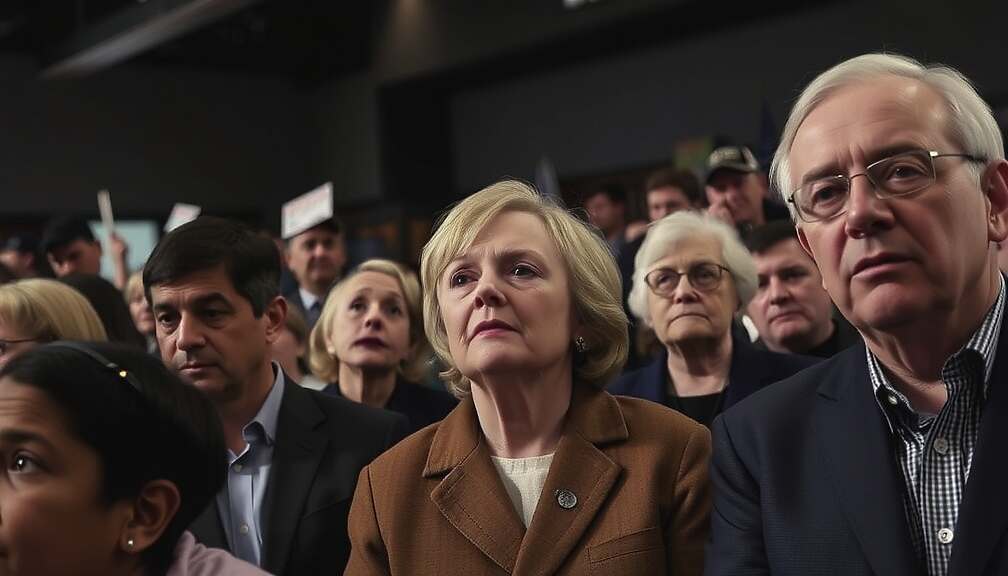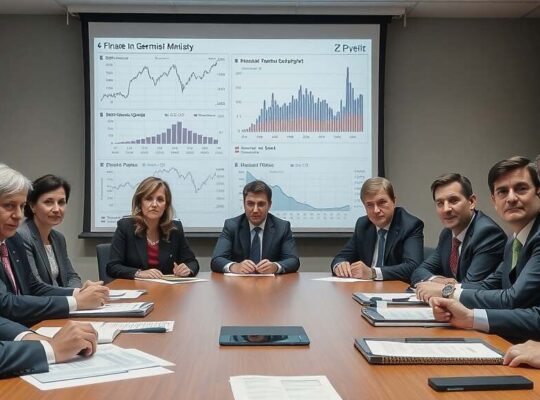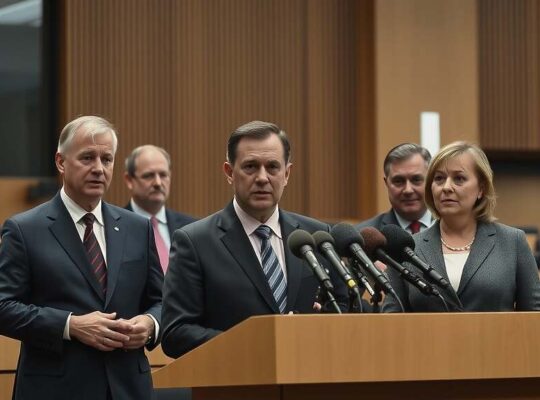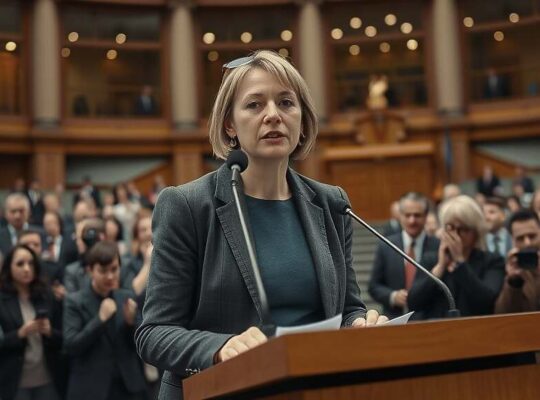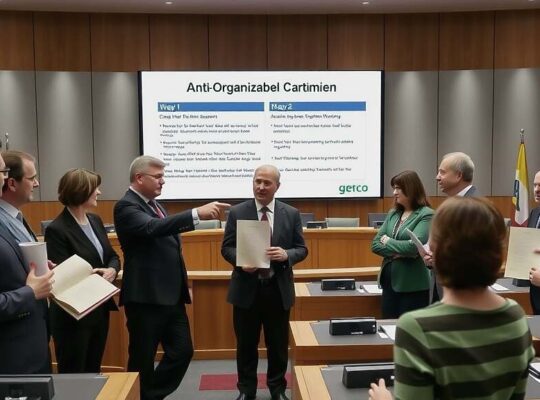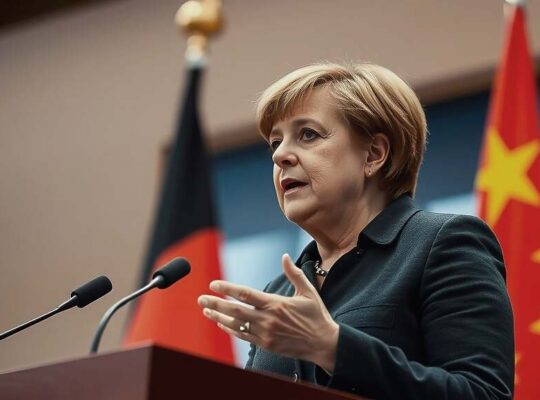The German Green Party is bracing for a pivotal debate surrounding compulsory military service at its upcoming federal party conference, a move signaling a potential shift in the party’s stance on national defense amidst escalating geopolitical tensions. Party leader Franziska Brantner confirmed to RTL and n-tv that a firm position on the issue will be reached, emphasizing the need for a comprehensive discussion on how to ensure the participation of all citizens in safeguarding the nation’s security.
Brantner articulated a sense of urgency, stating that the evolving crisis landscape demands Germany actively contribute to European security. Her comments were particularly pointed, referencing what she termed a “Trump-Putin pact” which, she warned, would signify the subjugation of Ukraine and ultimately diminish European security. This stark framing underscores a growing anxiety within the Green Party regarding potential shifts in the international order and the implications for Germany’s role.
The forthcoming debate is anticipated to be contentious. Historically, elements within the Green Party have been skeptical of compulsory military service, prioritizing alternative forms of civilian conflict resolution and emphasizing pacifist principles. However, the war in Ukraine and the perceived alignment of certain global powers have fueled a reassessment of traditional positions.
Critics argue that revisiting conscription could be a politically fraught decision, potentially alienating segments of the Green Party’s base while simultaneously generating opposition from within the broader coalition government. Concerns have also been raised about the logistical challenges and financial burden of reintroducing a large-scale conscription program.
Beyond the immediate debate on military service, Brantner’s commentary highlights a deeper concern about the potential for a dangerous realignment of international power, implying a need for Germany to proactively address its national security posture and redefine its contribution to European stability. The party’s decision at the upcoming conference will be closely scrutinized both domestically and internationally as an indicator of Germany’s broader strategic direction.


